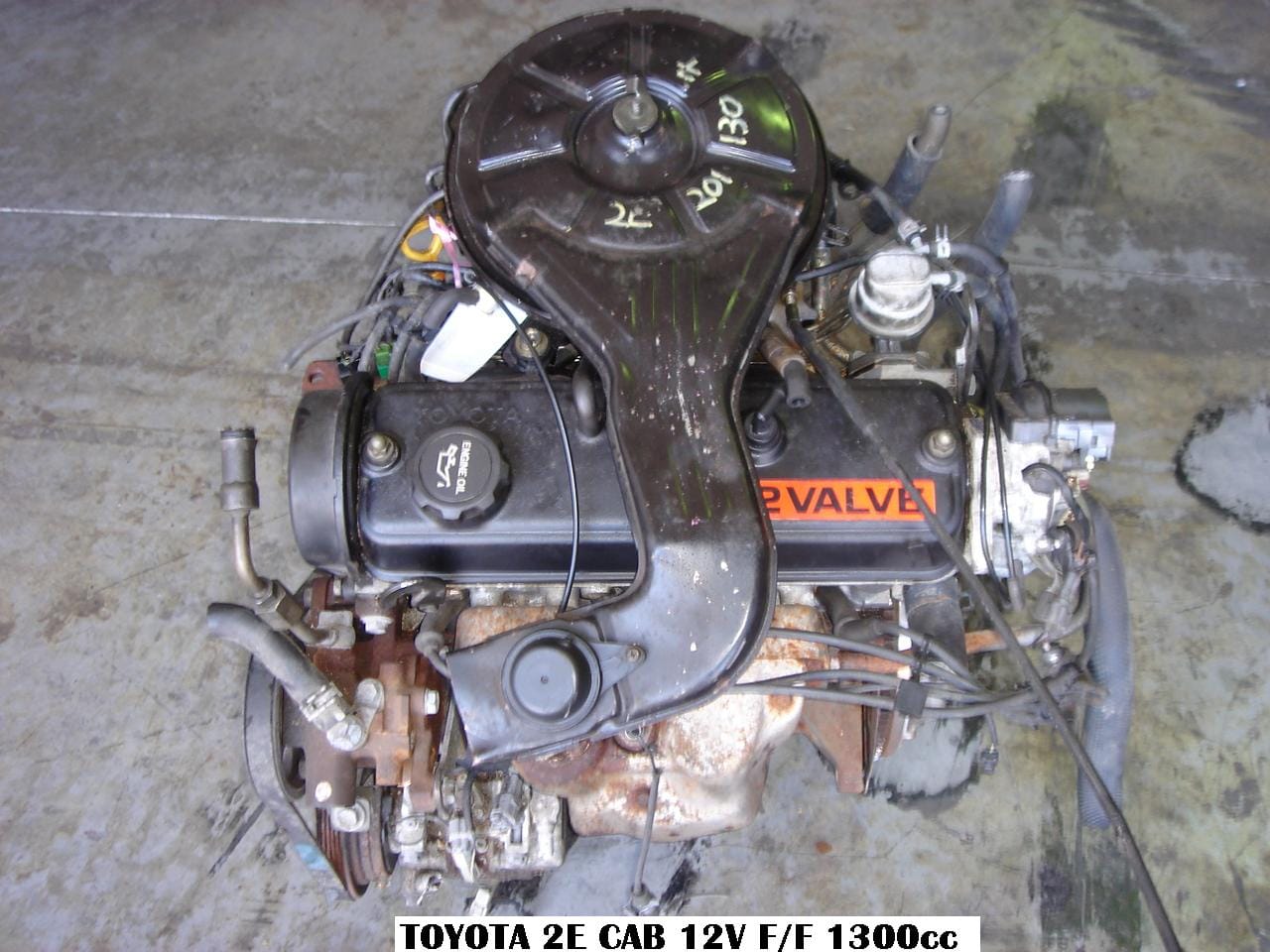Engine Purchasing Specialist Tips on Picking the Right Engine for Your Specific Demands
Picking the best engine for your particular requirements entails a complicated interplay of variables that go beyond simple horsepower figures. By delving into the intricacies of power versus effectiveness, reviewing fuel ratings, and budgeting for long-lasting expenses, one can absolutely optimize their engine option.
Power Vs. Effectiveness: Locating the Equilibrium

When selecting an engine, it is critical to strike an equilibrium between power and performance to fulfill your particular requirements successfully. Power describes the engine's capability to generate energy for propulsion, determining elements like velocity, pulling capacity, and total efficiency (Toyota Tazz Engine For Sale). On the various other hand, performance associates to how well the engine uses gas to create power, influencing elements such as fuel economic climate and ecological kindness
Achieving the ideal equilibrium between power and performance is important because an engine that is too effective may take in too much gas, leading to greater operating costs and unnecessary strain on the atmosphere. On the other hand, an engine that focuses on effectiveness over power may lead to slow efficiency, particularly popular scenarios like lugging heavy loads or driving uphill.
To make an informed choice, consider variables such as your common driving conditions, the desired use the automobile, and your personal choices. By assessing your concerns and demands, you can choose an engine that strikes the best equilibrium between power and performance, guaranteeing optimum efficiency while reducing ecological impact and operating expenses.
Recognizing Engine Dimension and Kind

Usual engine kinds consist of inline engines, V engines, and rotary engines, each with its distinct advantages and disadvantages. Recognizing the interaction between engine size and kind is important in picking an engine that lines up with your specific requirements and concerns, whether it be power, efficiency, or a balance of both.
Consider Your Automobile's Needs
Considering your lorry's requirements is a fundamental action in the engine selection procedure to make certain optimal efficiency and performance. It is important to evaluate factors such as the intended use the car, its weight, towing ability, and gas performance demands. For example, if you are looking for an engine for a sturdy truck that will certainly be used for towing, you will need a powerful engine with high torque capacities. On the various other hand, if you are picking an engine for a portable car largely utilized for city travelling, gas effectiveness may be a much more crucial element to think about.

Reviewing Gas Efficiency Ratings
Evaluating gas efficiency rankings is an important aspect of choosing the best engine for your vehicle, ensuring cost financial savings and ecological sustainability. Fuel effectiveness scores, usually measured in miles per gallon (MPG) for gasoline engines or kilowatt-hours per 100 miles (kWh/100 miles) for electrical engines, show exactly how far a car can take a trip on a particular quantity of fuel or electrical power. Greater MPG or lower discover this kWh/100 miles values symbolize a lot more effective engines, converting to decreased fuel expenses and reduced carbon exhausts.
When assessing fuel efficiency rankings, consider your driving demands and behaviors. An extremely fuel-efficient engine can result in substantial financial savings over time if you commute long ranges daily. Additionally, compare various engine options within the exact same vehicle course to identify one of the most cost-effective choice. Elements such as engine size, weight, the rules of aerodynamics, and hybrid or electrical capacities can all influence fuel effectiveness.
Budgeting for Long-Term Costs
Strategically preparing for long-term costs is necessary when choosing an engine, ensuring monetary sustainability over the car's lifespan. While the initial acquisition price of an engine is a considerable variable, it is crucial to take into consideration the long-lasting prices linked with upkeep, repair work, and fuel usage.
In addition, researching the visit this site right here availability and expense of replacement components for the picked engine is vital in spending plan preparation. By thoroughly budgeting for these lasting costs and factoring them into the decision-making procedure, individuals can choose an engine that not only satisfies their prompt requirements however additionally continues to be affordable throughout its life expectancy.
Verdict
Finally, picking the best engine for your specific requirements calls for stabilizing power and effectiveness, recognizing engine size and kind, considering your vehicle's demands, examining fuel effectiveness ratings, and budgeting for long-term costs. By very carefully thinking about these variables, you can guarantee that you select an engine that fulfills your requirements and offers optimum efficiency for your automobile.
To additionally improve the selection procedure of an engine that strikes the optimal equilibrium between power and effectiveness, it is necessary to dig into the complexities of comprehending engine dimension and type. Engine dimension refers to the complete volume of air and gas that can be pressed through the engine cylinders. Usual engine kinds consist of inline engines, V engines, and rotary engines, each with its unique benefits see here and drawbacks. Recognizing the interaction between engine dimension and type is important in choosing an engine that straightens with your particular demands and top priorities, whether it be power, efficiency, or a balance of both.
Gas performance ratings, usually gauged in miles per gallon (MPG) for gas engines or kilowatt-hours per 100 miles (kWh/100 miles) for electric engines, indicate how much a vehicle can take a trip on a particular amount of gas or electrical power.